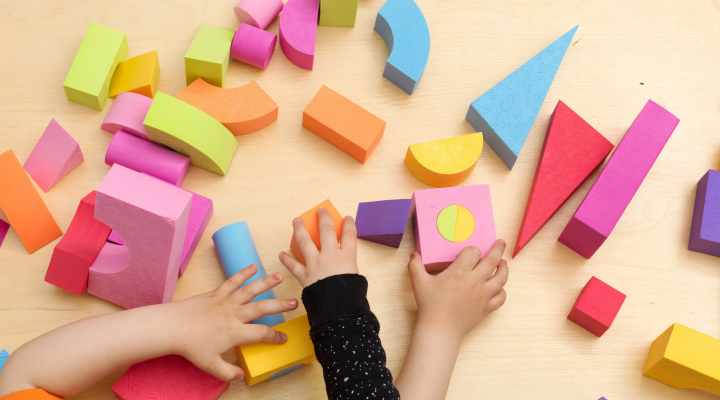

At this age children are in the process of discovering who they are and how to live respectfully within the community. Through lessons of grace and courtesy we foster this development. Older children respond to the needs of younger children and younger children learn to seek help and guidance from their older, more experienced peers. Children learn to work both alone and with others.
In addition, the child is taught life skills and educated to be:
This Community is modeled by the teachers using the Montessori code of conduct.